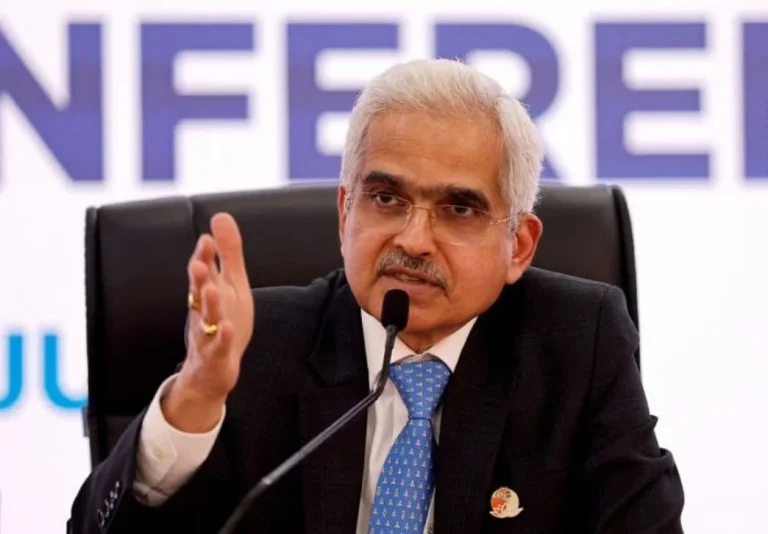India’s economic potential shines brightly as forex reserves rise to a record level. According to the RBI statement on August 2, 2024, India’s forex reserves are at $675 billion.
Impressive $675 Billion
The record-setting number can be associated with a sound financial position in the country, of India. Consequently, instability in the international markets is countered by India’s healthy forex reserves, a testament to its strong monetary policy. Such reserves include foreign currency assets and the reserve place of India in the International Monetary Fund. The latter is particularly crucial in building confidence in the Indian economy.
Trade Surplus and Remittances
India has been experiencing a favorable balance of trade as far as exports and imports are concerned because exports have outweighed imports. A large trade surplus is also useful in the build-up of forex reserves A large trade surplus proves useful in the build-up of forex reserves. Portfolio investment and FDI have been invested in India. The consumer base, talented workforce, and business opportunities are some of the factors that make the country attractive to investors. This remittance income from Indians employed overseas has boosted the forex reserves significantly. Another group of very important people is sending money back to their countries.
Currency Stability and Investor Confidence
Foreign currency reserves safeguard against the fluctuation of local currency. In case of exchange rate volatility, the RBI intervenes to contain the situation and maintain order. Therefore it can be concluded that India has enough foreign exchange reserves to cover a major chunk of its external liabilities. This assists in reducing vulnerability to shocks and repayment pressures. Larger reserves help make global investors more confident. It increases confidence in India’s ability to deliver on international obligations.
Diversification
Exchange rate overvaluation renders the rupee too strong compared to its trading partners and this affects export competitiveness. India has to look beyond the mature economy currencies to build its reserve holding. Considering options such as gold or digital assets is about being prepared.
Impact on India’s Economy
The RBI can use monetary policies to control the movement of the rupee on the foreign exchange markets, facilitating easier trade and investment. These reserves represent a significant part of the external debt that India has to pay. During an emergency, adequate reserves help to mitigate the risk of failure and help the borrowers to gain confidence in the lenders.
These expectations arise from the notion that high reserves portray fiscal discipline and prudent monetary management. India is seen as a safe borrower in the international market, thus making FDI and portfolio investment possible. The RBI can employ forex reserves to influence both interest rates and the quantity of liquidity, and hence inflation. This is because having strong reserves helps in the implementation of appropriate monetary policies by the central bank.
India has a large reserve position to support its import needs, even under the unfavorable balance of payments situation. This resilience has a bearing on the stability of the economy. However, issues persist, including regulating inflows to mitigate against the over-appreciation of the rupee and diversification of reserves from traditional currencies. In aggregate, INR forex reserves unmistakably provide for a robust economic armory and sentiment.
Conclusion
India’s foreign exchange at $675 billion is much more than a statistical figure; it is strength, solidity, and a country on the threshold of progress. The financial evolution of India goes on as it marches forward towards the future, firmly guided by sound policies and perseverance.

Note: You can reach us at support@scoopearth.com with any further queries.
Linkedin Page : https://www.linkedin.com/company/scoopearth-com/
